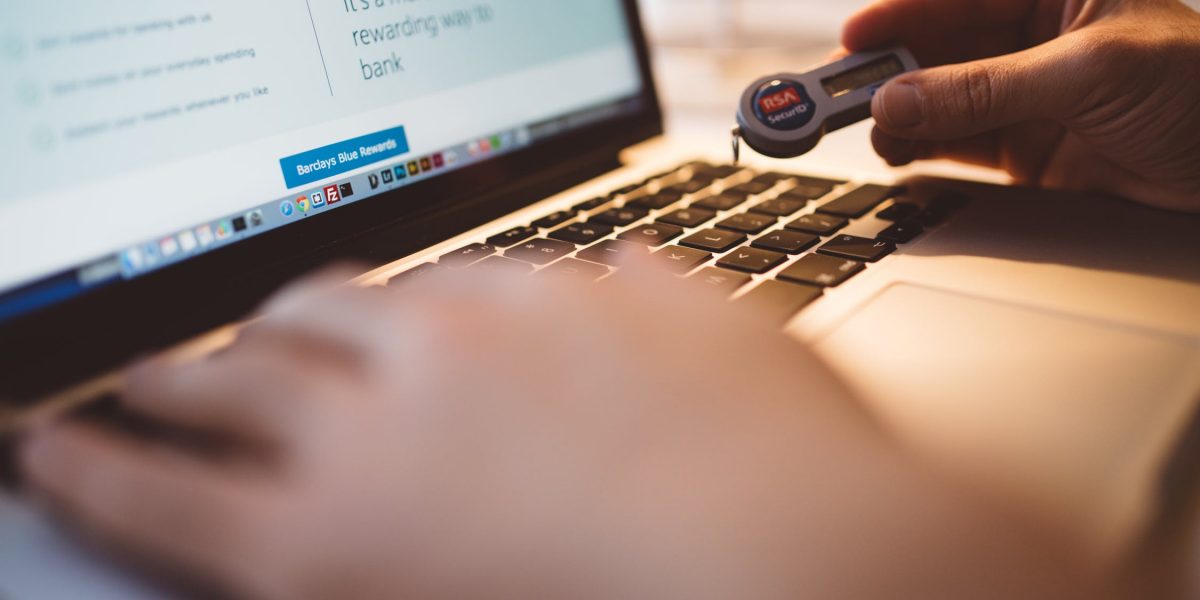Make Strong and Secure Password

Unauthorized access is a potentially major problem for anyone who uses a computer or high-tech devices such as smartphones or tablets. The consequences for victims of these break-ins can include the loss of valuable data such as presentations, emails, and music. Victims may also have their bank account information, money, or even their identity stolen. Moreover, unauthorized users may use someone else’s computer to break the law, which could put the victim in legal trouble.
One of the most common ways that hackers break into computers is by guessing passwords. Simple and commonly used passwords enable intruders to easily gain access and control of a computing device.
Conversely, a password that is difficult to guess makes it prohibitively difficult for common hackers to break into a machine and will force them to look for another target. The more difficult the password, the lower the likelihood that one’s computer will fall victim to an unwanted intrusion.
The importance of a strong password
Repeatedly using the same passwords or using weak passwords can leave you vulnerable to hackers. If a hacker cracks your passwords, they could gain access to your social media accounts, bank accounts, emails and other sensitive accounts that hold your confidential, personal data. If someone obtains access to this information, you could become the victim of identity theft. Therefore, creating a strong password is vital.
How to make a strong password
Length (more than 15 Characters) : You need to choose a password that’s long enough. There’s no minimum password length everyone agrees on, but you should generally go for passwords that are a minimum of 15 to 16 characters in length. A longer password would be even better.
Complexity : Use a mix of different types of characters to make the password harder to crack by inclusion of random number, Symbols such as !@#$%^&*(){}[], Mix of Upper Case and Lower-Case and Spacebar.
Don’t Dictionary Word or Combination of Dictionary Words: Stay away from obvious dictionary words and combinations of dictionary words. Any word on its own is bad. Any combination of a few words, especially if they’re obvious, is also bad. For example, “house” is a terrible password. “Red house” is also very bad.
Uniqueness : (words or number which doesn’t reflect your identity, Job and Occupation).
Example of password including all of above parameters, you might find it easier to remember a sentence like “Mount Everest is 8,848 m above sea level and its the tallest mountain.” You can turn that sentence into a password by using the first digits of each word, so your password would become MEi8848mASl & itTm. This is a strong password at 19 digits. Sure, a true random password might include a few more numbers and symbols and upper-case letters scrambled around, but it’s not bad at all.
Your password should never include…
- Combinations of phone numbers and addresses.
- Date of birth.
- Any string with sequential numbers or letters.
- A pattern that a hacker could work out e.g. abc123

0 Comments